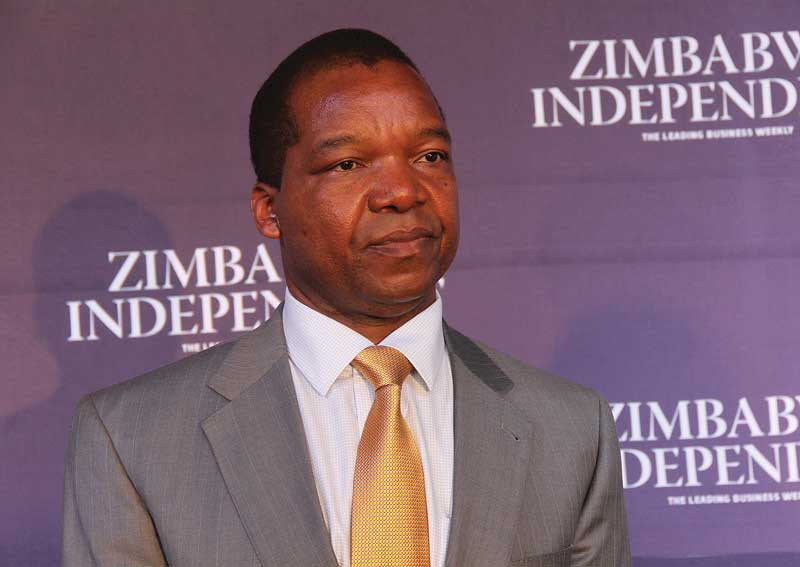
THE World Bank has warned Zimbabwean authorities against expansionary fiscal and monetary policies which it says have contributed to the price volatility on the market.
This comes despite the Finance and Economic Development ministry and Reserve Bank of Zimbabwe putting hawkish fiscal and monetary policies in place. These include high interest rates, cutting government expenditure on goods and services until price correction, introducing gold coins, and servicing the huge forex backlog worth millions of United States dollars.
Yet, despite these efforts, the money supply continued on its growth trajectory growing by 33,26% to $1,6 trillion in August from July's $1,2 trillion.
“Economic development has been hampered by macroeconomic instability (particularly price instability), low investment, and limited structural transformation. Expansionary fiscal and monetary policies, coupled with multiple exchange rates, have resulted in considerable price volatility,” the World Bank said, in its new Zimbabwe Country Economic Memorandum released last week.
“The management of public finances was complicated by a high public wage bill, many unprofitable State-owned enterprises and guarantees to the agricultural sector. Similarly, monetary policy included frequent monetary financing of the budget and quasi-fiscal activities. Meanwhile, a significant public debt burden financed by domestic issuance, coupled with a high-cost regulatory environment, has limited private investment and economic activity.”
The World Bank said the economy’s dependence on key products and subsectors and strong government support for lower value-added agriculture over higher value-added services and manufacturing, has reduced the potential for higher rates of economic growth.
“External climatic shocks have contributed to low growth, hence investing in resilience/adaptation measures is critical to mitigate associated risks,” the World Bank said.
Fiscal authorities have attempted to tame money supply growth, that is also driving inflation, through limiting the injection of money into the economy through making it more expensive to borrow and trade on the main bourse in local currency.
- Rampaging inflation hits Old Mutual . . . giant slips to $9 billion loss after tax
- Monetary measures spur exchange rate stability: RBZ
- Zim deploys IMF windfall to horticulture
- Banker demands $21m from land developer
Keep Reading
Also, the government's review on its goods and services contracts has limited the amount of money required to pay its suppliers though experts are sceptical of its sustainability.
Yet, despite all these efforts, the central bank continues to report increases in debt with foreign liabilities growing to $2,28 trillion in August from July's $2,13 trillion.
However, Jimmy Psilos who heads the Confederation of Zimbabwe Industries economic committee proposed a potential source of monetary expansion.
“The brutal truth is that we have had many opportunities to have convergence (between the parallel and official forex rates) but we have let it slip. We had a near convergence in August 2019, and let it slip. We got very close to convergence in 2020, again in August, and let it slip. Now, from August up to October, we have gotten close to convergence. So, what do we need to do differently so that we don’t let this opportunity slip?” he asked at the launch of the World Bank report last week.
“So, one of the key questions is what are the drivers behind the money supply growth? The World Bank has touched on this in their report and I just want to emphasise that. Think about the liquidations to do with the surrender and I want you to think about where does the reserve bank get the money to buy the surrender from. They do not have a budget allocation to buy that money. Where do they get the money from? So, think about that question, it’s a key question.”
He said there was a need to solve that problem if the policy of exporters and domestic traders surrendering forex is to continue.
“The central bank needs to be properly capacitated to buy that money without creating money supply. It looks like the major source of money creation is in fact the central bank having to buy the money surrender,” Psilos said.
Between January and September, this year, the forex auction system allotments totalled US$979 949 894 translating to billions of dollars in local currency to service these payments.
As of last Friday, total cumulative foreign exchange auction allotments since inception of the Foreign Exchange Auction System stood at US$3 576 330 707.
Follow us on Twitter @NewsDayZimbabwe











